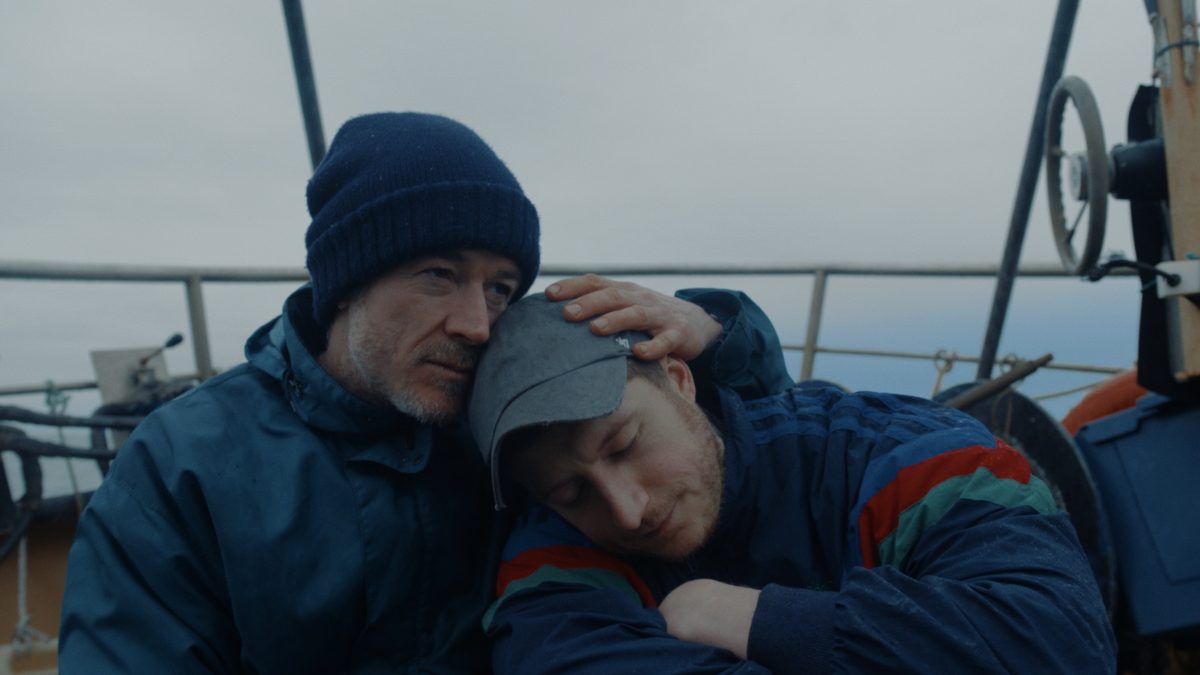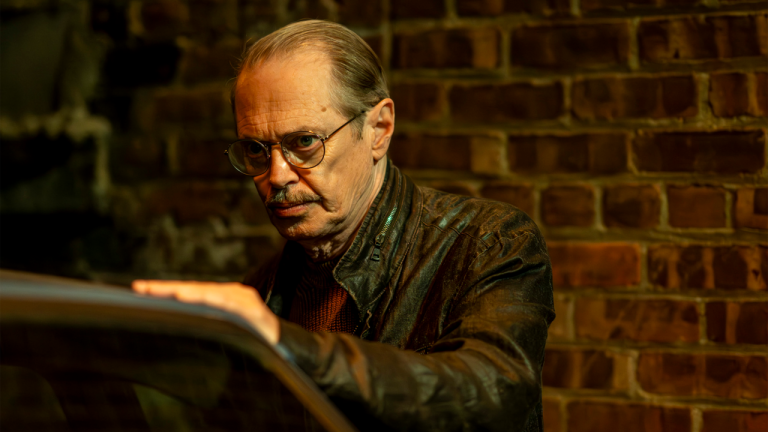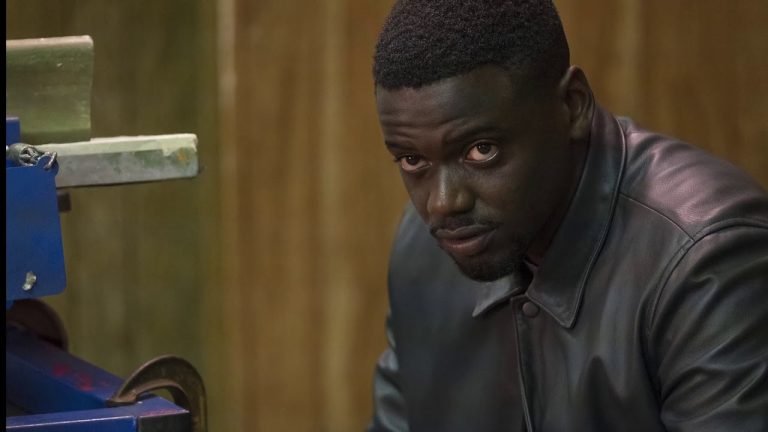Being part of a family mussel farm takes guts — or at least sensitivity. In the observant but ultimately timid sophomore feature by Helen Walsh (“The Violators”), world-premiered at the 2025 Edinburgh International Film Festival, scruffy middle-aged Jack (Barry Ward) in a small North Welsh community is as responsible as an old-school family man can be. Loyal to his friends, fulfilling his religious duties, and getting the occasional trouble from his rather frail but well-meaning son, Tom (Henry Lawfull).
His marriage with Maggie (Liz White) is clearly on the wane, even though she does everything (including a dance offer in the local pub) to rekindle his interest. It is there that Jack meets the younger Daniel (Lorne MacFadyen), arguing in public for a just cause (and getting an unfair beating in turn). Daniel, a decisive, unmarried man, has his reputation, which in the aggressively masculine environment that Jack operates can be tolerated, but not for long.
Walsh gets the inciting incident right that will pull these different souls together, and it is an incident of Jack (once more) helping an older colleague in need. Jack and Daniels’ relationship has more of the characteristics of a queer abandonment and less of a conquest, which resonates nicely with all the burden the society-absorbed Jack has to leave behind. Their sex scenes also give something of the need to share instead of getting a family and company burden on all your shoulders.

Even though “On The Sea” will never evolve into a hard-fought sea romance of the kind that Francis Lee put his Yorkshire country characters in “God’s Own Country,” Walsh still wants to embed this letting go of masculinity in the rough mussel farming endeavor, which doesn’t always work. The realistically minded, gloomy-looking cinematography serves to satisfy the opposite purpose altogether, that of tying Jack even more to the conventions he has so long learned to embrace. Even the perfunctory joint swimming scene of the two characters seems forced -nice-looking, but ultimately uninformative.
“On The Sea” ultimately spends more time with Jack’s environment than with Jack himself. That is why the two shot close-ups between the two characters (when they occur) are refreshing in a film that is ultimately timid enough to let Jack act on his own, which leads to the third act (already presupposed in the opening scene) that has to make a Jack a person in need of his family to gain the acceptance he supposedly needs finally.
This battle between the immediate family and work environment (and finally Jack’s condition as well) getting in the way of his wishes is a familiar trope. Yet here, it is used in a way that Jack becomes impaired by other people’s mercy, not by their anger, which is one of the film’s strongest failings. Yet Barry Ward gives a performance that completely embeds both the limitations and the desires he entertains; he twists and turns, trying to be both acceptably masculine and sensitive all at once, with MacFadyen giving a welcome turn as the outside instigator.
“On The Sea” is a testament to a small fishing community that needs to get things going. In this predominantly masculine environment, women are either relegated to a seamstress role or are obedient to their husbands. When this equilibrium gets prodded, ripples follow. The film seems anxious to orchestrate every such reaction to serve its anti-toxic ideal. It ends up being somehow unfair to its main characters and their budding romance, but it gives us a good glance into what it means to be a late queer bloomer.

![I Carry You With Me [2021] Review: A familiar queer love story that cleverly merges into a docu-fictional narrative](https://79468c92.delivery.rocketcdn.me/wp-content/uploads/2021/06/I-Carry-You-With-Me_AtHome_1920x1080-768x432.jpg)


![Aadai [2019] Amazon Prime Review – A muddled Feminist Drama](https://79468c92.delivery.rocketcdn.me/wp-content/uploads/2019/08/Aadai-768x328.jpg)

